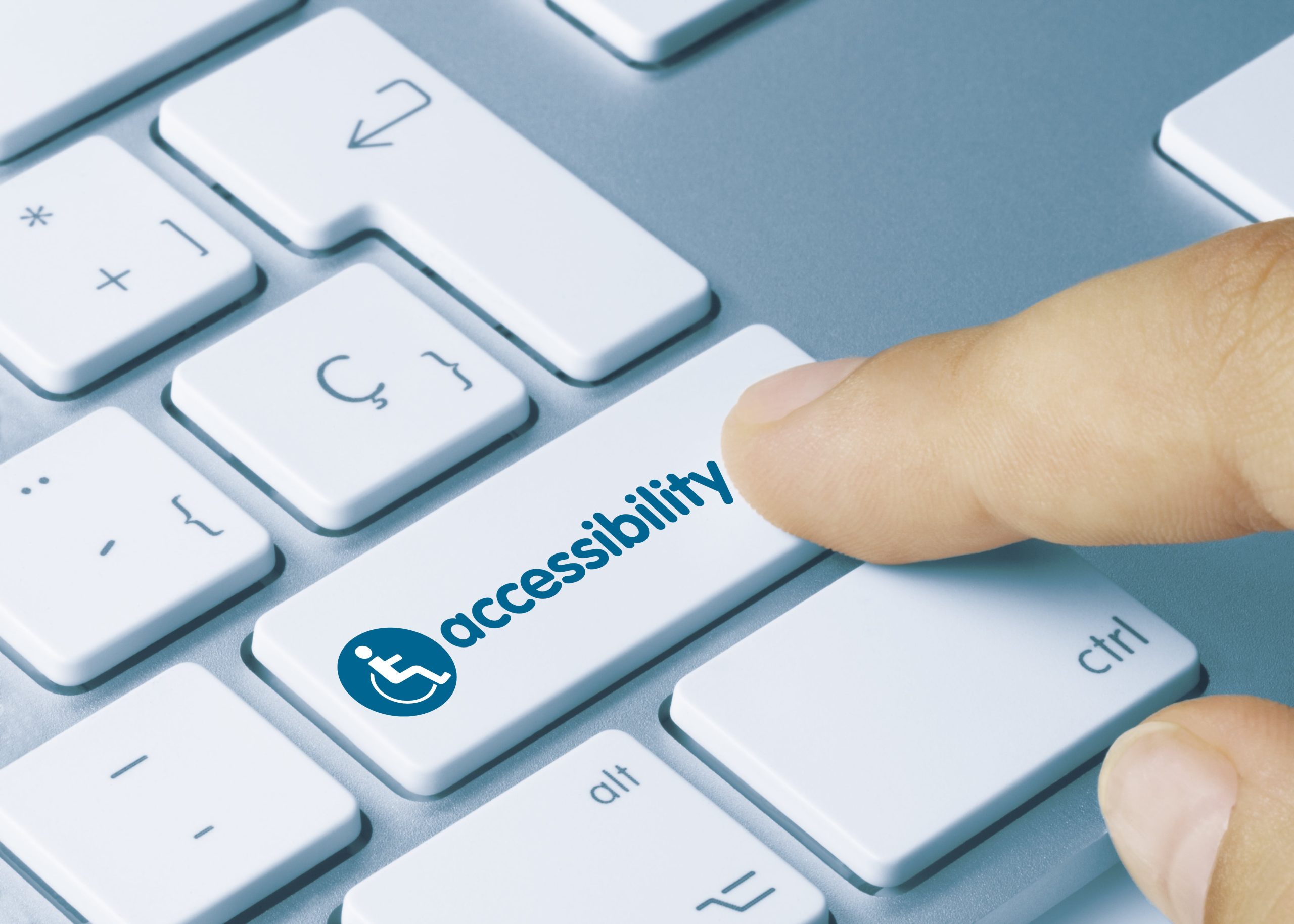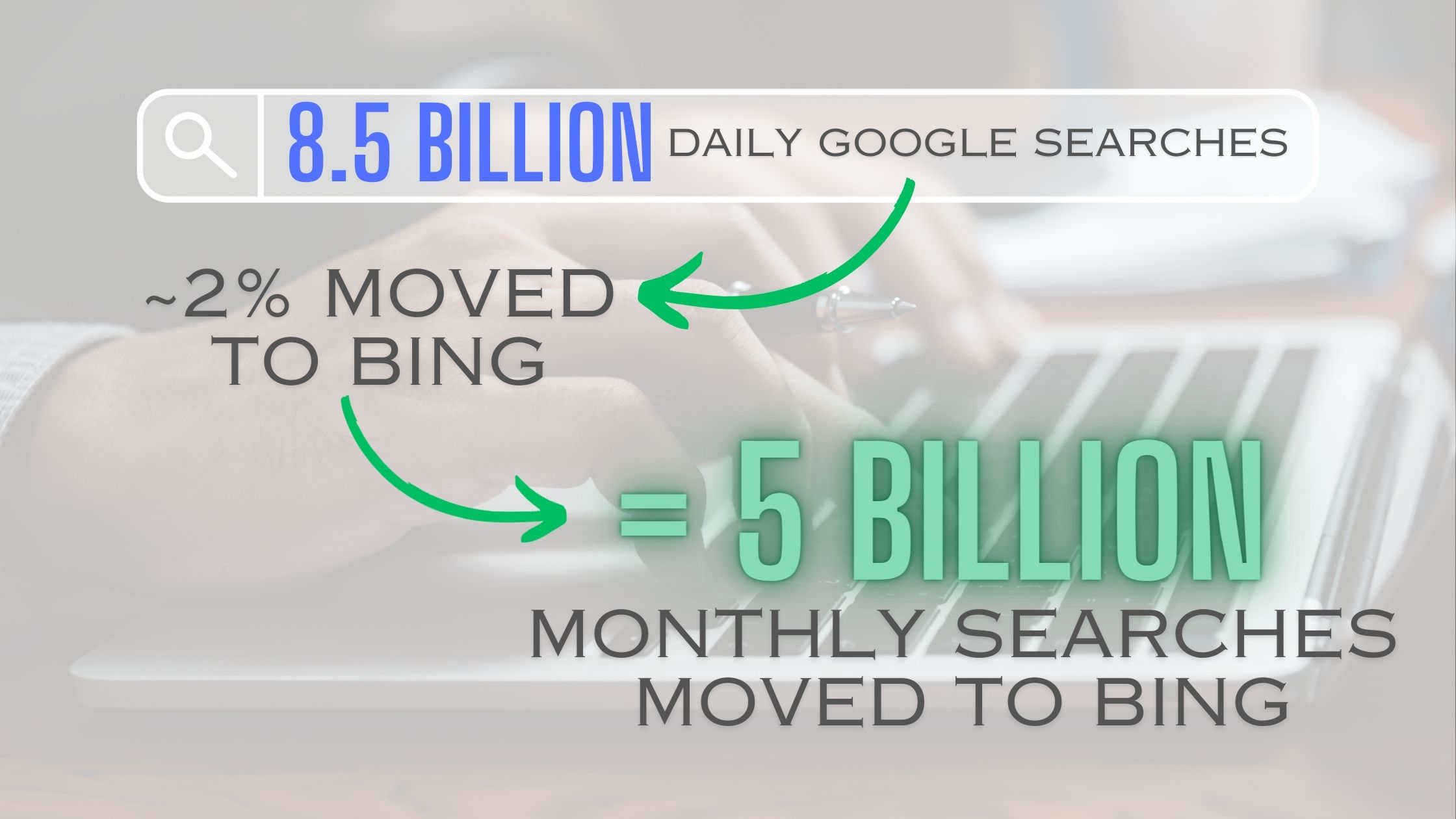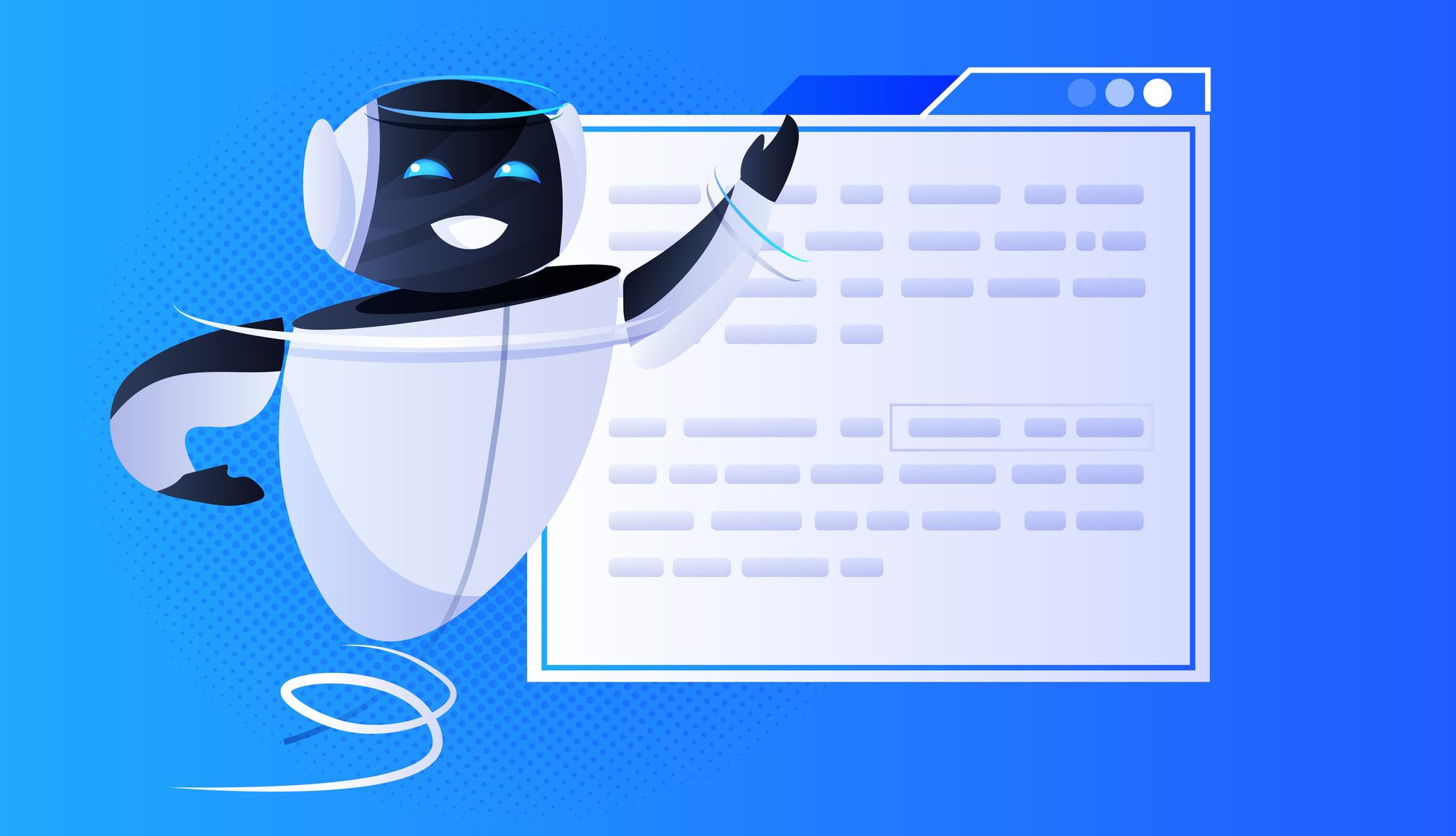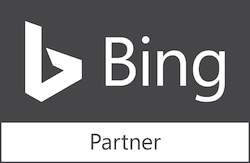 There’s a lot of discussion these days about web accessibility in the SEO world. Digital marketers frequently swap secrets and discuss the subject, but what does it really mean for the average business owner, and how can it affect their website? And if you improve the accessibility of your website, can it improve your rankings and results? Let’s dig in.
There’s a lot of discussion these days about web accessibility in the SEO world. Digital marketers frequently swap secrets and discuss the subject, but what does it really mean for the average business owner, and how can it affect their website? And if you improve the accessibility of your website, can it improve your rankings and results? Let’s dig in.
What Is Web Accessibility?
Web accessibility refers to the practice of making websites and web content accessible to all users, including those with disabilities. This includes things like making sure that text can be resized and that images have alternative text for users who are using screen readers.
The other important thing to note is that Google has stated that it takes web accessibility into account when ranking websites. This means that making your website more accessible can directly or indirectly impact your search engine rankings.
How Are Web Accessibility and SEO Related?
Web accessibility and SEO are closely related because they both aim to improve the user experience on the web. SEO is the practice of optimizing a website to improve its visibility in search engine results. This includes things like using relevant keywords, having a well-structured website, and having high-quality content.
There is a strong overlap between the principles of web accessibility and SEO, as both prioritize making websites easy to use and navigate for users. By making a website more accessible, it is likely to also be more user-friendly, which can improve its search engine rankings.
Overall, both web accessibility and SEO are important for ensuring that users have a positive experience on your website and for improving the visibility of your website in search results.
Exactly How Important Is Web Accessibility To Your Rankings?
Google and other search engines prioritize user experience and satisfaction in their rankings. If your website is inaccessible to certain groups of users, such as those with visual or auditory disabilities, it can negatively affect their user experience and satisfaction, leading to lower engagement, higher bounce rates, and ultimately, lower search engine rankings.
Additionally, web accessibility features such as properly formatted HTML, descriptive alt text for images, and well-structured content can improve the overall usability and search engine optimization of your website.
So, while web accessibility may not be a direct ranking factor in SEO, it can have an impact on the overall user experience and satisfaction of your website, which can indirectly affect your search engine rankings.
What Can You Do To Make Your Website More Accessible?
There are several things you can do to make your website more accessible to people with disabilities. Here are some suggestions:
- Use proper HTML markup: Use proper HTML tags to structure your content. This makes it easier for screen readers and other assistive technologies to understand the content and navigate the site.
- Provide alternative text for images: Use descriptive alternative text (alt text) for images. This helps visually impaired users understand what the image is about.
- Make your website keyboard accessible: Make sure your website can be navigated using only a keyboard. This is important for people with mobility impairments who cannot use a mouse.
- Use sufficient color contrast: Use a color contrast checker to ensure that text and background colors have sufficient contrast. This is important for people with visual impairments.
- Provide transcripts for audio and video content: Provide transcripts for audio and video content, as well as closed captions for videos. This helps people with hearing impairments to understand the content.
- Ensure that your website is mobile-friendly: Make sure your website is mobile-friendly and can be accessed on a variety of devices, including smartphones and tablets.
- Use clear and concise language: Use clear and concise language that is easy to understand. This is important for people with cognitive disabilities.
By implementing these accessibility features, you can make your website more inclusive and accessible to all users, including those with disabilities.
Need help making your website more accessible? periscopeUP can make sure your website is well-optimized to maximize your results. Contact periscopeUP today at (443) 475-0787.







